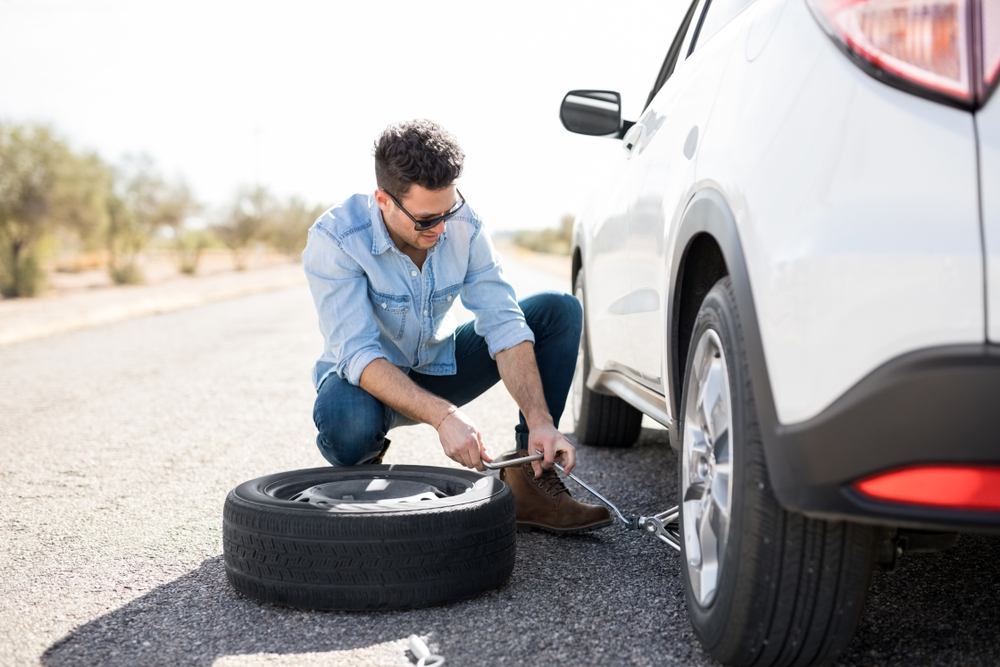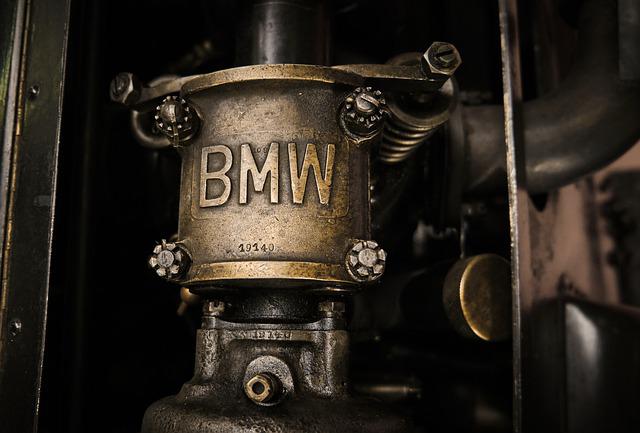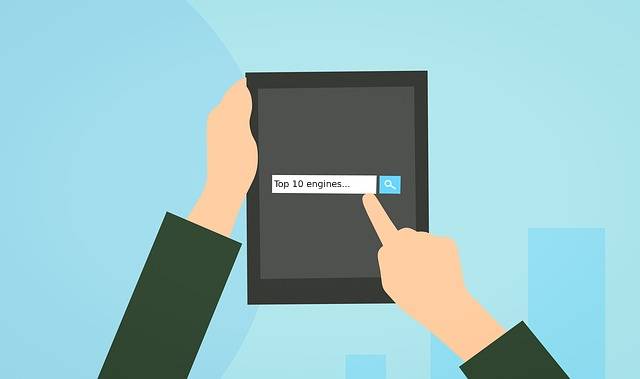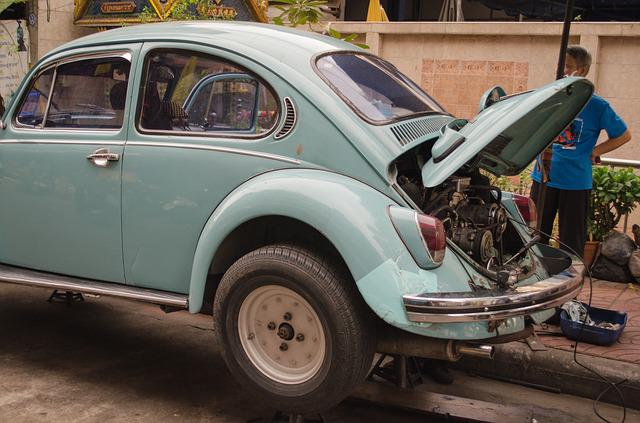Flat Tyres? What Should Be Done To Overcome The Problem?
Find Used Engines and Transmissions for a Great Price! Live Assistant For Used Engines Call 1800-518-9776

Flat tyres are nothing that you can prepare for; they are common and unavoidable. These flat tyres can lead you into trouble, and if you do not carry a spare tyre, you will most probably be left stranded in the middle of nowhere. Here is a guide to help you understand the issue of flat tyres, why they happen, and how to fix a flat tyre by yourself. Fixing a flat tyre is something that every driver should be aware of.
What are flat tyres?
When a tyre loses air pressure, it becomes considerably under-inflated or entirely flat. Flat tyres, referred to as punctured or deflated tyres, are the result. A sharp object, such as a nail or glass shard, puncturing the tire's outer surface, a damaged valve stem, or even gradual leaks from a poorly sealed tyre bead, can all cause this loss of air pressure.
Driving can become dangerous and inefficient as a result of a flat tyre due to lower vehicle equilibrium, decreased handling, and higher rolling resistance. When a tyre goes flat, it usually causes a harsher ride and may make a banging or flapping noise, requiring prompt intervention and replacement or repair.
What are the causes of flat tyres?
-
Punctures: Sharp roadside objects like nails, screws, glass, or debris can cause a tire's tread to become punctured. These items leave holes through which air can leak, which results in a flat tyre.
-
Age: Older tyres are more vulnerable to damage and may develop cracks or weak places that cause air leaks and flats.
-
Improper tyre care: Skipping out on routine tyre care, such as monitoring tyre pressure and looking for damage, might make flats more likely.
-
Damage to the valve stem: The valve stem controls the tire's ability to inflate and deflate. Accidental or wear-and-tear damage to the valve stem might result in delayed air leaking that eventually results in a flat tyre.
-
Overloading: Carrying too much weight or overloading your car might put too much pressure on the tyres, causing overheating and possibly a blowout or flat tyre.
-
Extreme temperatures: Extreme temperatures can affect tyre pressure and raise the likelihood of a flat. This might be true for both the chills and heats.
-
Leaking from the tyre bead: The tyre bead is the portion of the tyre that seals the wheel rim. Air loss may result from this seal being damaged, corroded, or installed incorrectly.
-
Damage to the wheel rim: A bent or damaged wheel rim might result in a poor seal with the tyre, allowing air to escape.
-
Road conditions: potholes, rocky terrain, and other hard road conditions might increase the possibility of tyre blowouts.
How do I fix a flat tyre?
Fixing a flat tyre is something everyone should know about. The chances of getting a flat tyre with no help are low; hence, here is a detailed description of how to change a flat tyre.
-
Ensure safety: make sure the vehicle is parked on a level surface and hand brakes are applied. Also, make sure that you have all the necessary tools and equipment.
-
Lift the vehicle: with the help of a jack, lift your car for an easy and stable exchange.
-
Unbolt: Now it's time to unbolt your tyre from the space so that the spare can be installed.
-
Remove and replace: replace the old, flat tyre with the spare tyre. While removing the old tyre and putting it back in place of the spare.
-
Bolting: it's time to tighten the screws and nuts to set the new tyre in its place.
-
Lower the car: now remove the jack and bring the car to the ground. Once this is done, you are ready to go back on the road.
Conclusion
In conclusion, if there are frequent flat tyres, you should definitely consult a professional and get your tyres checked. For proper and healthy working of your car and tyres, make sure you take it down to a mechanic every now and then.
Used Engines Inc. is a place for your quality engines and transmission needs, with auto enthusiasts ready to serve you at their best. Visit our website today to learn more.
related
You May Also Like

Which BMW Has the Most Horsepower?
A car is useless if it doesn’t have good horsepower. Just imagine driving your car with sluggish acceleration and it drags on the road whenever you take it for a spin.
Read Article
10 Best Engines Made So Far By Top Engine Manufacturers
Over the years, the car industry has seen major changes. Car engines have become smarter and it looks like every new engine that rolls out is better than the other.
Read Article
How to Make Your Car Last Forever?
Isn’t it lovely when a new car works the way you want? The gears shift smoothly and the wheels roll without dragging against the road. But as your car gets older, you’ll notice that it doesn’t drive smoothly, has lower fuel mileage, and overheats easily.
Read Article